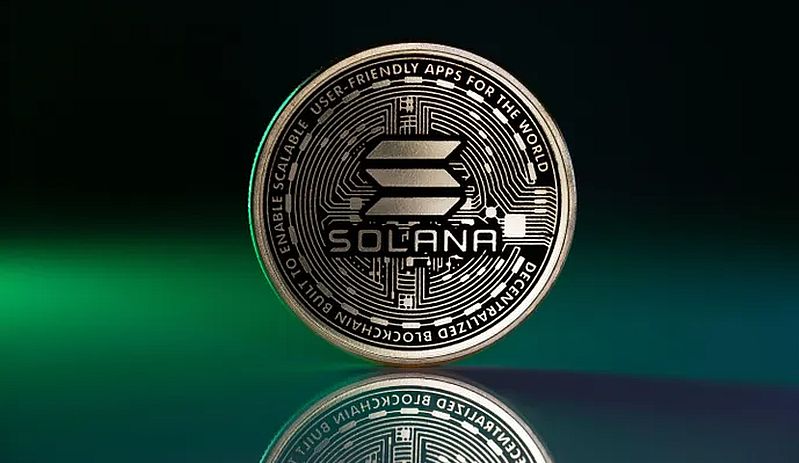What is a non-custodial wallet.


When dealing with cryptocurrency, it is important to understand the system of deposit and withdrawal of funds. This is an important stage in earning from crypto. First of all, one needs to learn what a non-custodial wallet is. At first glance, the topic seems complex, although understanding what it is will take just a couple of minutes.
What is a non-custodial crypto wallet?
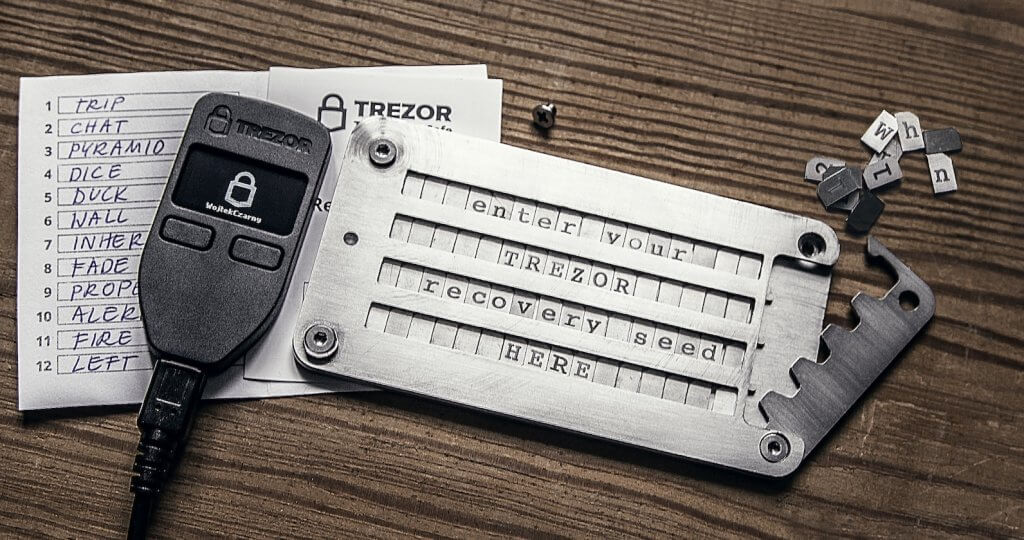
Let’s start with what a cryptocurrency wallet is. It differs from a regular electronic wallet, and partially combines the features of an exchange. However, all of this happens for cryptocurrency.
A non-custodial wallet (or non-custodial wallet) is a type of crypto wallet where the user manages their private keys and funds themselves. In simple terms, it is an electronic wallet, but with expanded functionalities.
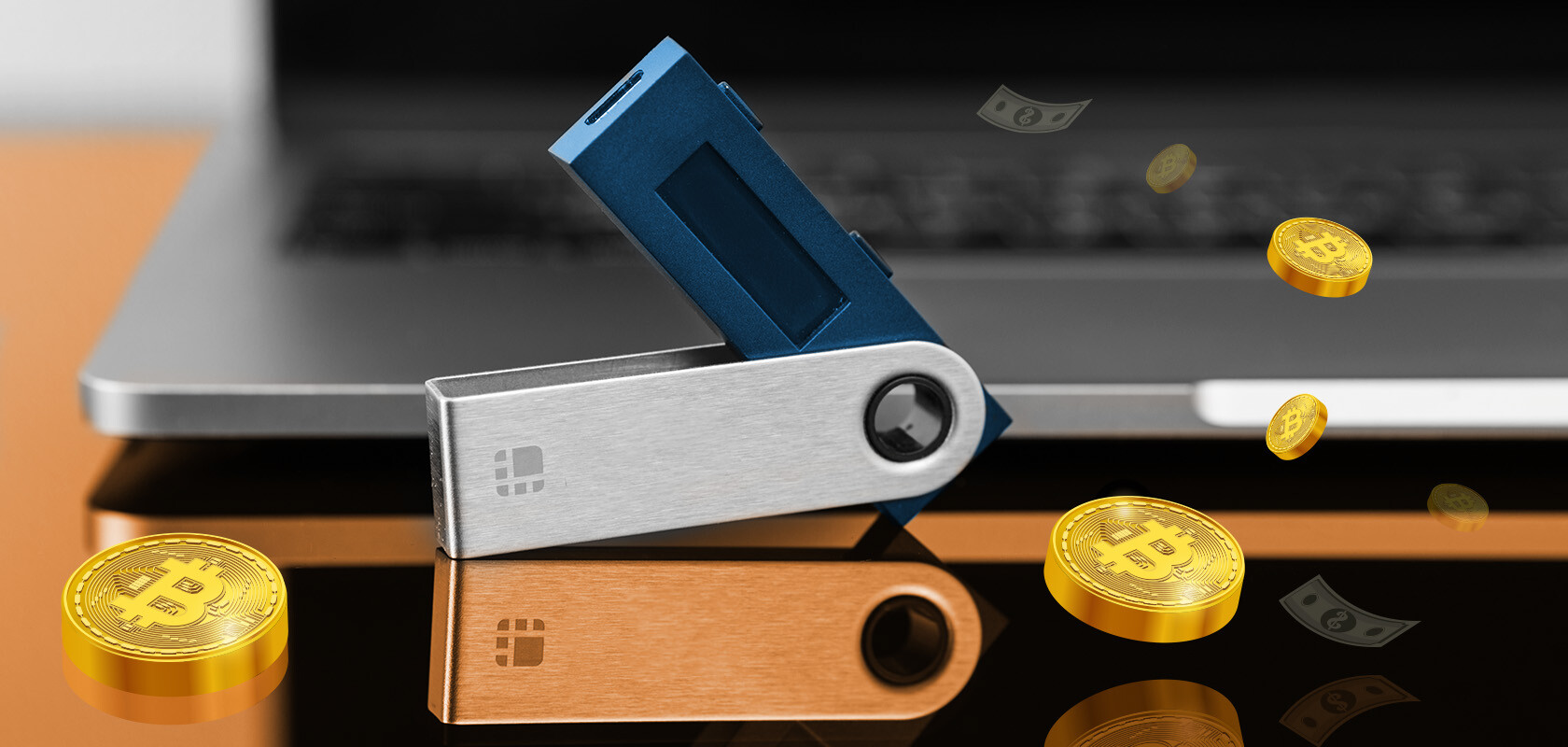
Here’s how it all works:
-
Control over private keys. In a non-custodial wallet, private keys are stored on the user's personal device, and only they have access to them. In other words, control over the funds is in one person's hands.
-
The security of the wallet also depends on the user. This means they personally set the level of protection. For example, using two-factor authentication and creating backups.
-
It is important to understand that losing private keys or the recovery phrase can lead to a loss of access to funds.
-
Decentralization. This means that there are no intermediaries in the process. Non-custodial wallets do not rely on third parties or companies to store funds. This reduces the risk of hacking or loss of funds due to issues on the intermediary's side.
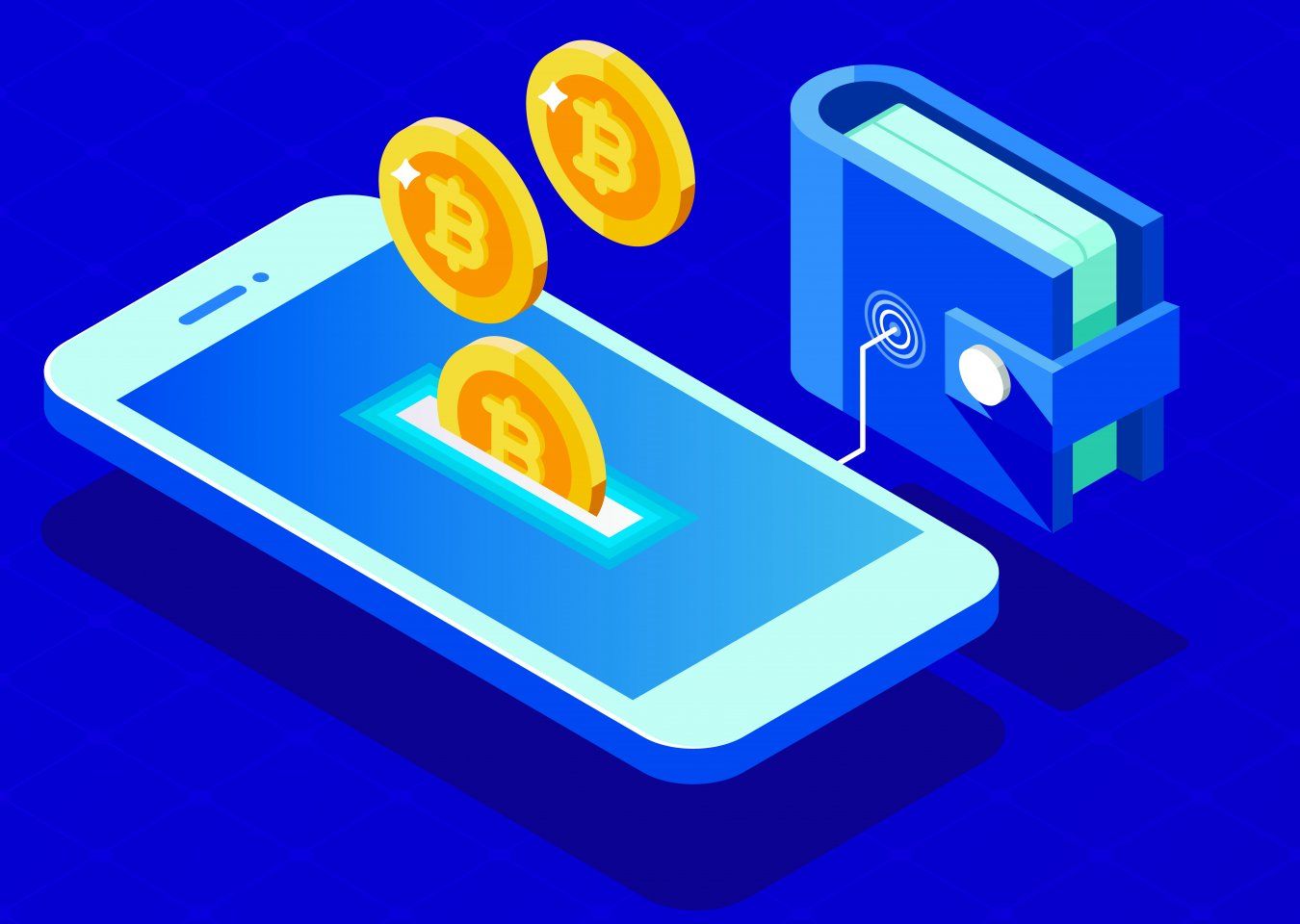
Currently, there are several types of non-custodial wallets. The first and quite popular type of such a wallet is called a software wallet. These are usually mobile and desktop applications that store keys on the user's device. There are also hardware wallets. These are devices that store keys in a secure offline mode and can be connected to a computer or mobile device to manage funds. Alternatively, one can choose mobile wallets. They do not store keys on a server, but on the user's device.
Why should you choose such a wallet?
Such a wallet has its own advantages and disadvantages. First and foremost, it is about complete control. The user manages the funds and keys themselves, meaning they do not give anyone even partial control. Privacy can also be considered an advantage. Transaction and balance data are not transmitted to third parties. Additionally, in this case, there are virtually no risks typically associated with storage. So there is no risk of losing funds due to the hacking of a centralized service, as is the case with custodial wallets.
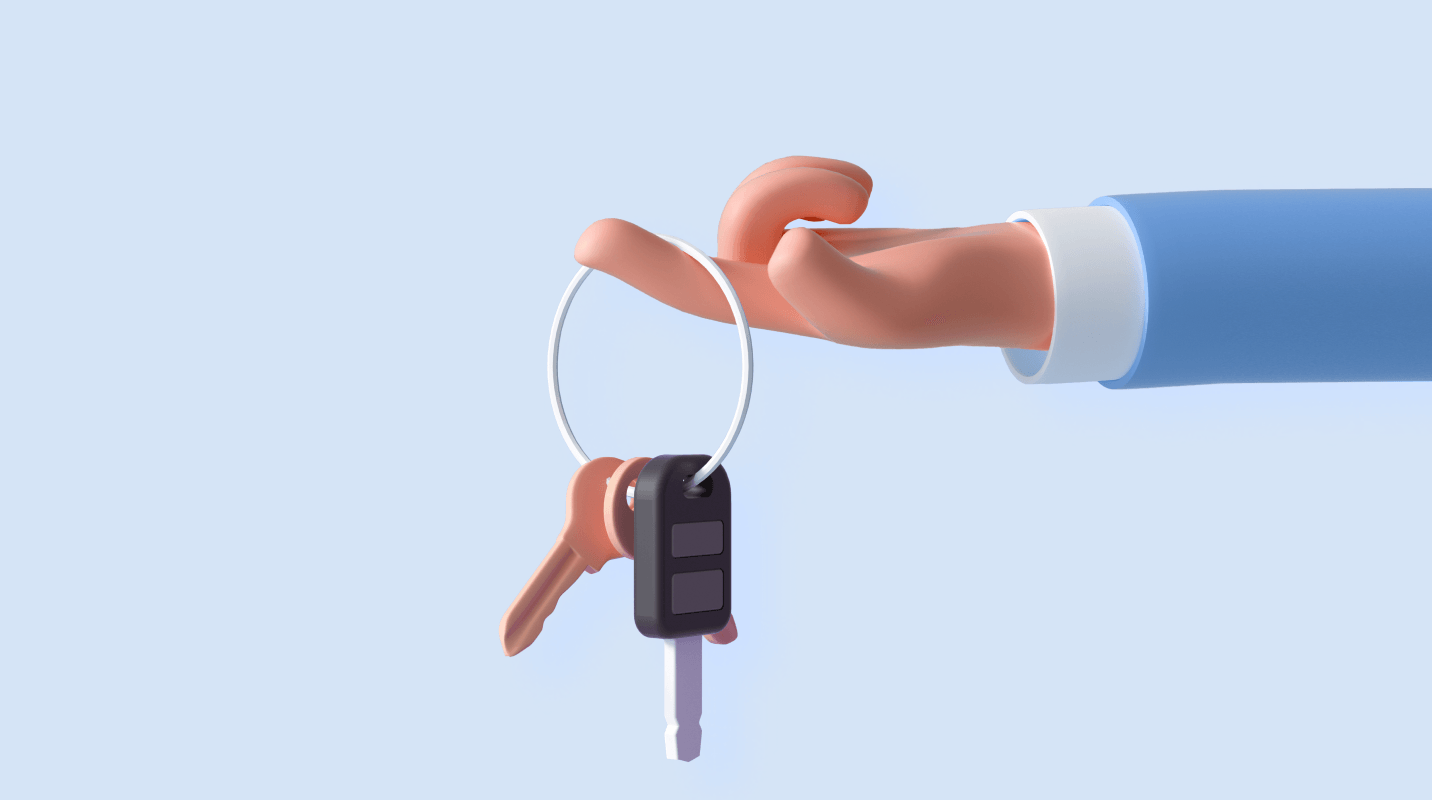
However, such wallets also have their drawbacks.
-
Responsibility for security. The user needs to ensure the protection of private keys and data themselves. Loss or theft of keys can lead to irreversible loss of funds.
-
Recovery issues. In case of device loss or data damage, recovering access to the wallet can be challenging if no backup has been made.
Non-custodial wallets are suitable for users who are ready to take responsibility for the security of their funds and prefer full control over them. In other words, all their advantages are almost equal to the level of responsibility.
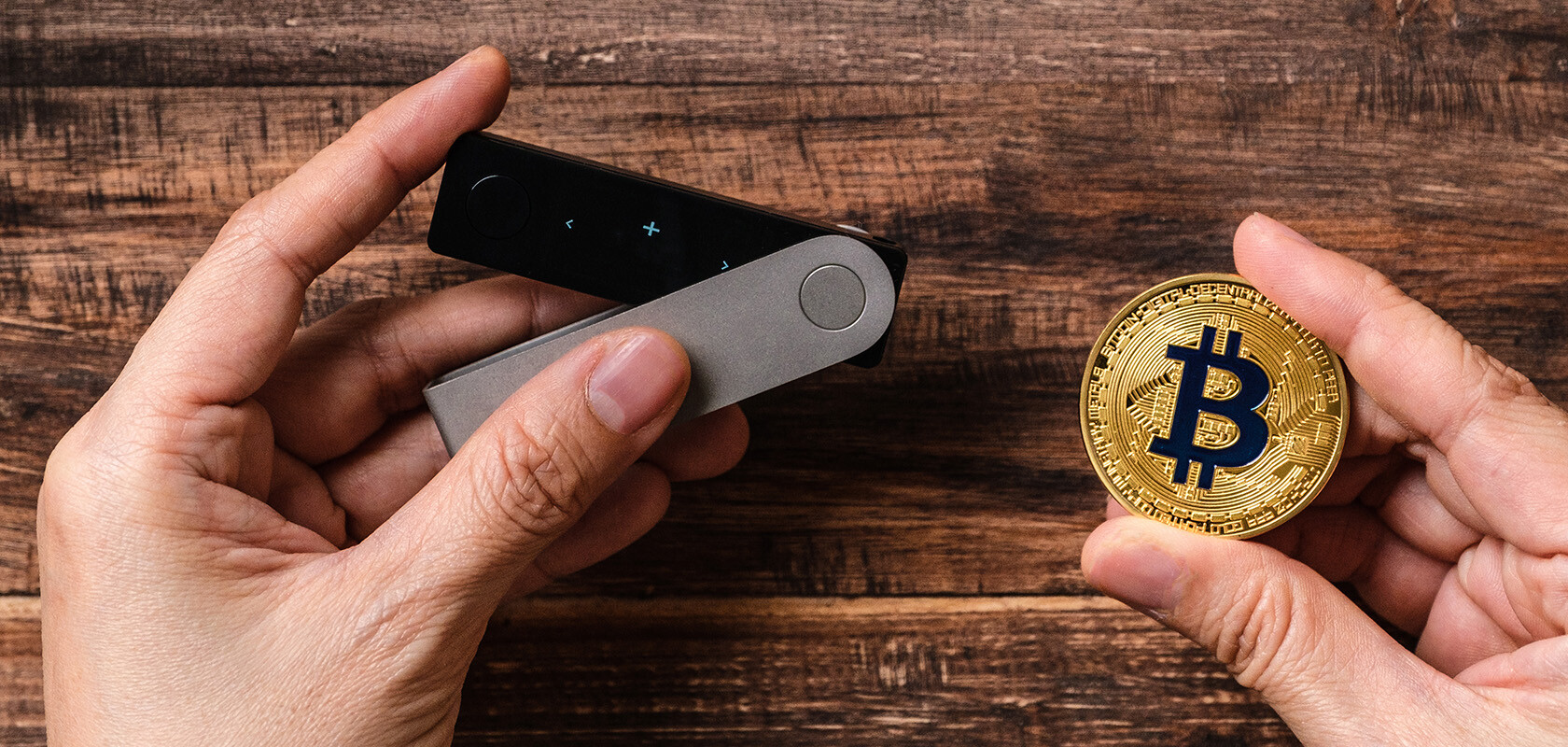
In general, using a non-custodial wallet requires a careful approach to security and managing private keys. However, for an experienced investor, this will not be a problem, while for a beginner, it is better to choose other types of wallets.
Read also
- Peanut cryptocurrency sharply increased in price — what does Elon Musk have to do with it
- What is the Solana cryptocurrency in simple terms
- What is cryptocurrency Ethereum in simple terms
- What will happen to cryptocurrency in 2025
- What Will Happen to Bitcoin in 2025
- The Best and Most Popular Altcoins: Top 10 Rating

